 Teachers Talk Interview
Teachers Talk Interview
Name? Robbie Murphy
Current position? Supervising Teacher: Grade 2 at the Smith College Campus School, a lab school in Northampton, MA.
How long have you been in education? 25 years
What’s a little known fact about you? I collect shards of broken pottery and glass, some fairly old pieces discovered along the North River which runs behind my home. Some of those find their way into mosaic stepping stones.
When does your job feel the hardest? What helps you get through those hard days? Geographically, my classroom is beyond the fire doors, with one other room across the hall (with my beloved grade partner in the room!). However, once the children arrive, we can only catch glimpses of each other. So, I think it’s the isolation from other adults when spending hours alone with children. My students deeply engage me, every day. I’m fascinated with their thinking and moved by their efforts. But there are times when the presence of another adult would be comfort—to share a small smile at an innocent remark, to quickly brainstorm a solution for an unexpected turn of events (and there are so many!).
What makes your heart sing as a teacher? My heart sings at the small moments: the child who comes in first thing in the morning singing Adele in a perfect falsetto; the child who works diligently on a beautiful card for the school nurse, saying “I get pretty banged up out there at recess, I’m going to work really hard on this card;” the parent who takes the time to send an email to share her child’s response to a pediatrician’s question, “What do you like best about school?” “My teacher.”
Who was your favorite teacher and why? Having grown up in fear of many of my teachers, Sister Madeleine St. Charles, my art and music teacher, arrived in fourth grade as a gentle presence. She noticed something in me, and nurtured it, and smiled easily. She encouraged my artistic talent. She taught me how to play the guitar. But, what comes to mind immediately when I think of her is the beauty of her smile.
Five items you can’t teach without? Truth be told, I can teach without all of these, but I do find comfort in these five things:
1) John Muir quote, “If you try to touch any one thing by itself, you find it hitched to everything else in the universe.” When I was part of creating a new public school in Heath, Mass., we had so much to do to be ready for the first day that I hadn’t put much up on the walls. I took out a marker and wrote that quote on a piece of poster board. It’s traveled with me and has been on my classroom wall ever since. It speaks to the power of connection between all of us, the power of connection in learning.
2) My collection of class photos, reminding me of all the children with whom I’ve shared my life as a teacher.
3) A map of the world
4) A corner filled with recycled materials for making art and designing inventions
5) My chime for bringing us together, for focusing our attention
Three books you would recommend to a fellow teacher?
Teaching Children to Care: Management in the Responsive Classroom by Ruth Charney
The Kindness of Children by Vivian Paley
The Having of Wonderful Ideas: And Other Ideas on Teaching and Learning by Eleanor Duckworth. The kind of thinking about learning which Eleanor describes in this collection of essays has become an important part of my teacher mindset. Over the years, I have shared this text with many of my student interns.
Social Media/On-Line teaching tools: What are 2-3 sites that you use to support your teaching?
I go to the Teaching Tolerance website (www.tolerance.org) frequently. The blogs and curriculum come from real-time classroom issues, and I appreciate the teacher voices and research that support my work in social-emotional learning and social justice curricula.
The Greater Good Science Center at Berkeley (www.greatergood.berkely.edu) is a great resource for approaches to guiding children with neuroscience, mindfulness, and compassionate awareness.
I’m grateful for the emerging work on the Courage of Care website (www.courageofcare.org) where they are developing online courses to help teachers and other caregivers nurture and sustain compassion.
Best teaching advice you ever got? I often think that my students are my greatest teachers. When I worked at the Heath Elementary School, our entire community spent six winter Fridays at a local ski area. I was easily spotted on the bunny hill, the tallest one there. One day, Jolene, one of my 2nd graders, encouraged me to get on the chairlift and go down a bigger slope. Still wary from some previous out-of-control ski moments, I hesitated. Jolene said, “Come on, Robbie. Face your fears. I’ll go with you.” I went with her, flew down that hill, and held onto the importance of accepting the help from others when needing to face our fears.
Advice you would give to a new teacher or something you learned that you wished had known earlier in your career? My advice is to try to find balance between going deep with your work and carving out time for the other parts of your life. In the early years, my teaching life felt saner because I gave up countless Saturdays and evenings, as I endeavored to get a handle on so many aspects of curriculum, teaching and learning. But, looking back, I realize that there never is an end-point on the “to-do” list of a teacher, and I’m wondering if walking in the woods with my boy would have been a wiser way to spend a Saturday.
What do you do to recharge? Walking, yoga, meditation, cooking: I live some distance from where I work, so I arrive home “in the country.” I can walk uphill past a stream, tend my vegetable garden, settle into cooking whatever is coming up (in the growing months), and work on my practice of meditation and yoga.
Poem or quote that you love? For me, favorite poems can be of the moment. The John Muir quote stated above is a constant, but, at the time of this writing, These days, I find myself reflecting on a world of change, personally and professionally and as a citizen of the United States. I keep revisiting this poem by Wendell Berry:
The Real Work
It may be that when we no longer know what to do
we have come to our real work,
and that when we no longer know which way to go
we have begun our real journey.
The mind that is not baffled is not employed.
The impeded stream is the one that sings.
Thanks Robbie!
Now it’s your turn: It’s easy, just fill out the Teachers Talk interview questions and send them in!
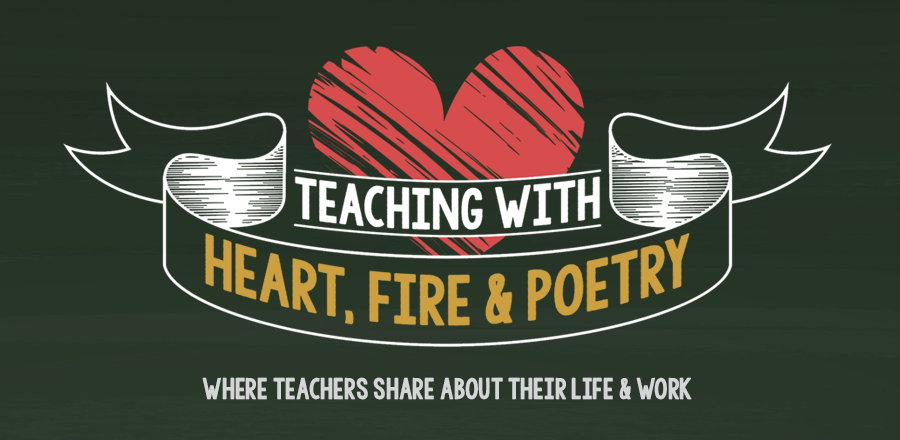
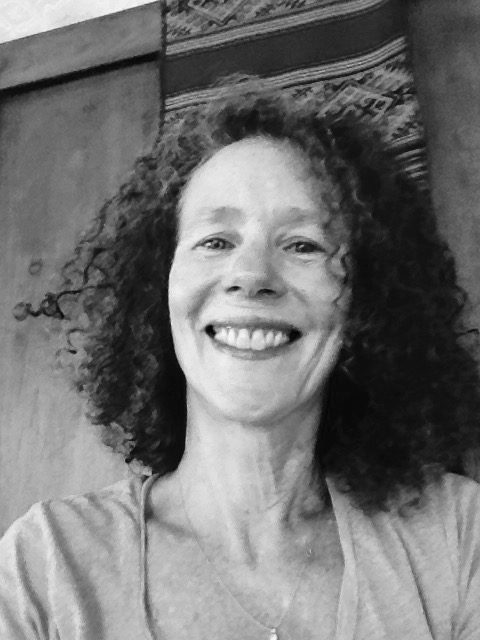

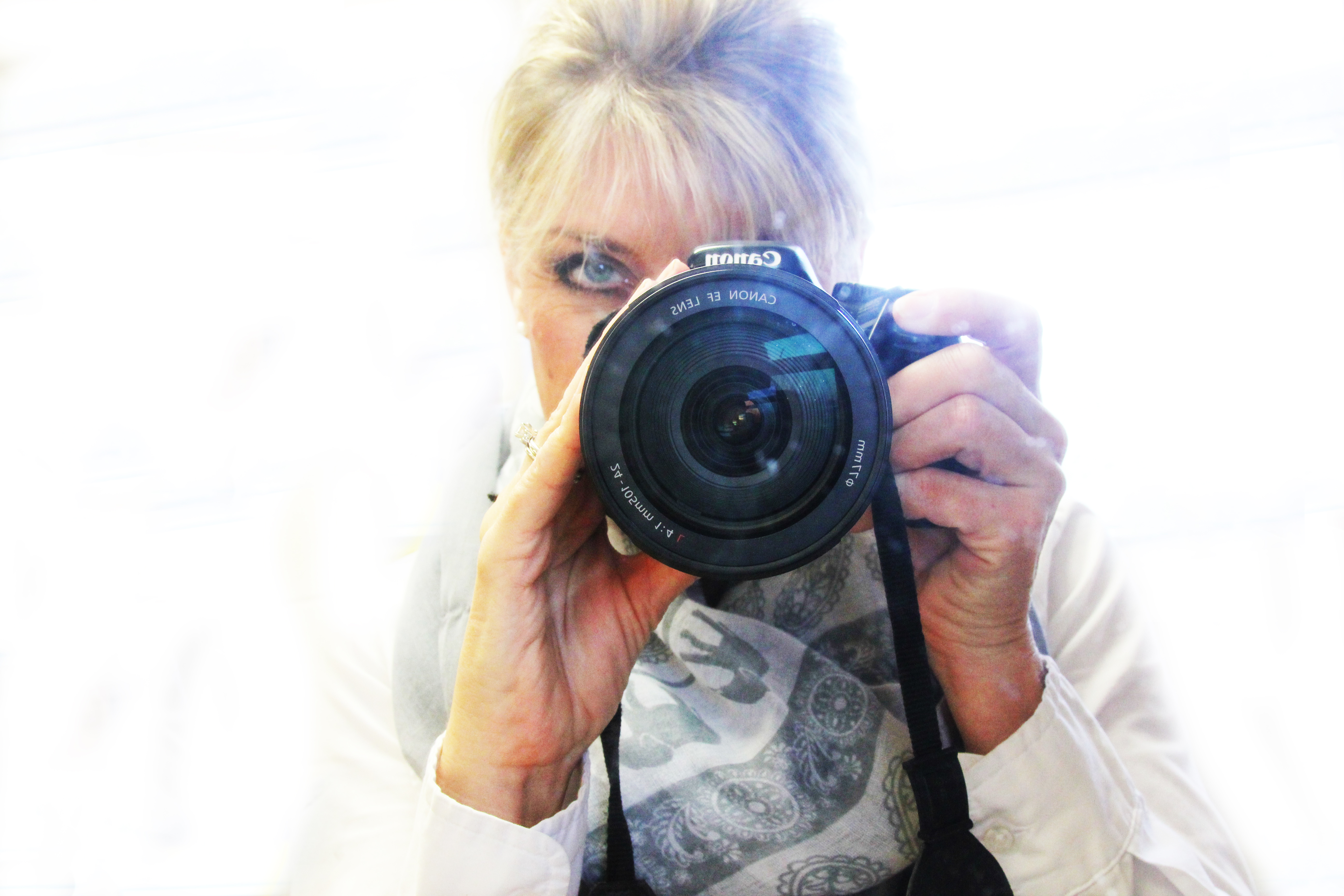
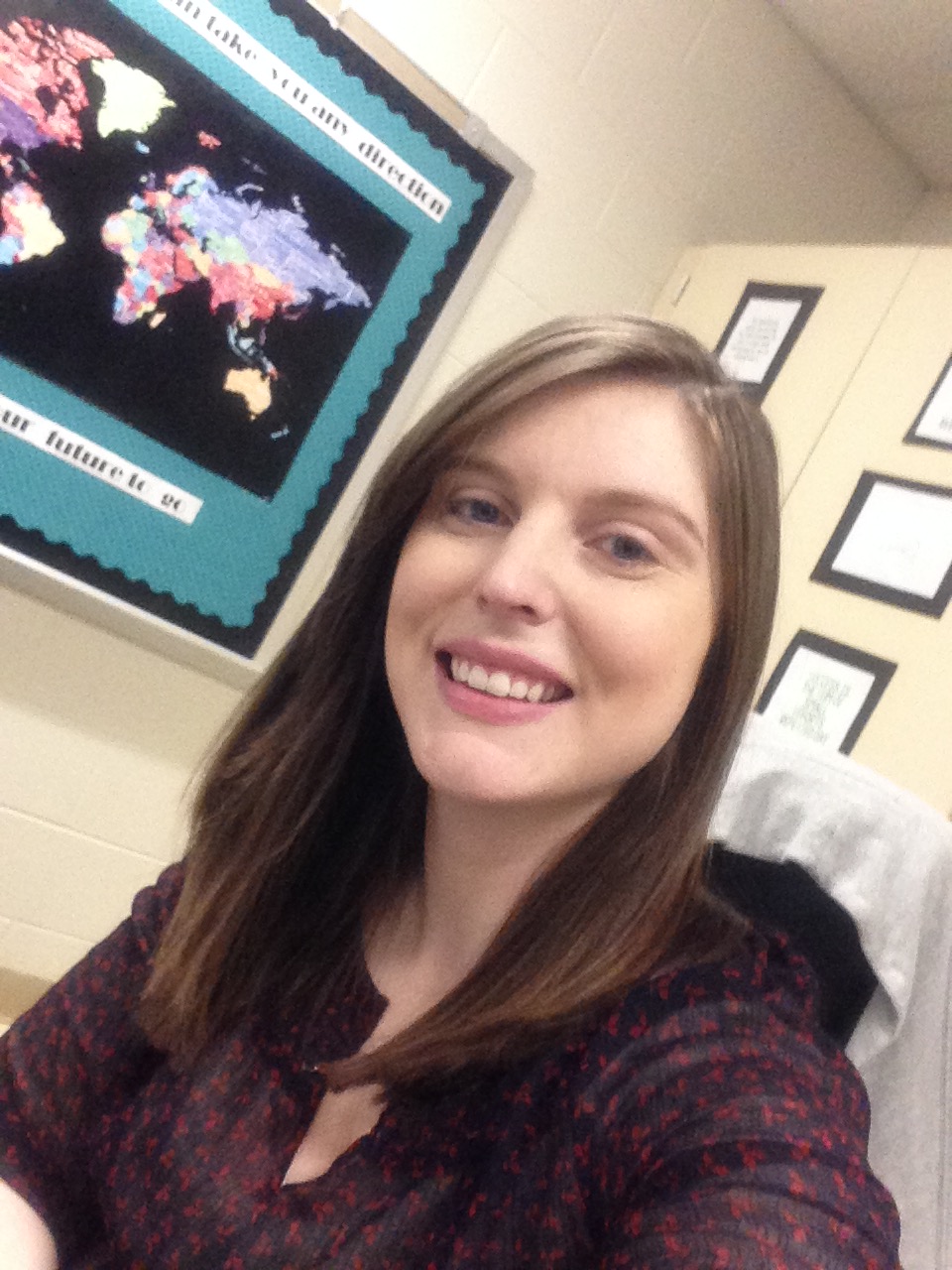
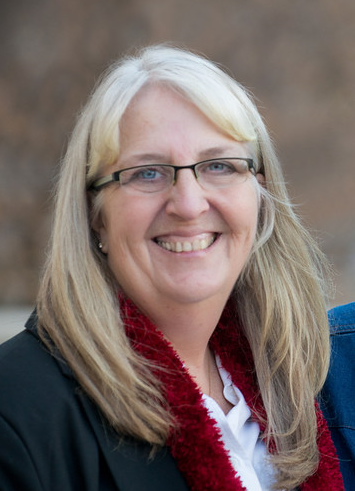
Leave a Comment